How a controversial goat sale triggers eviction of Sadeeq Agro…
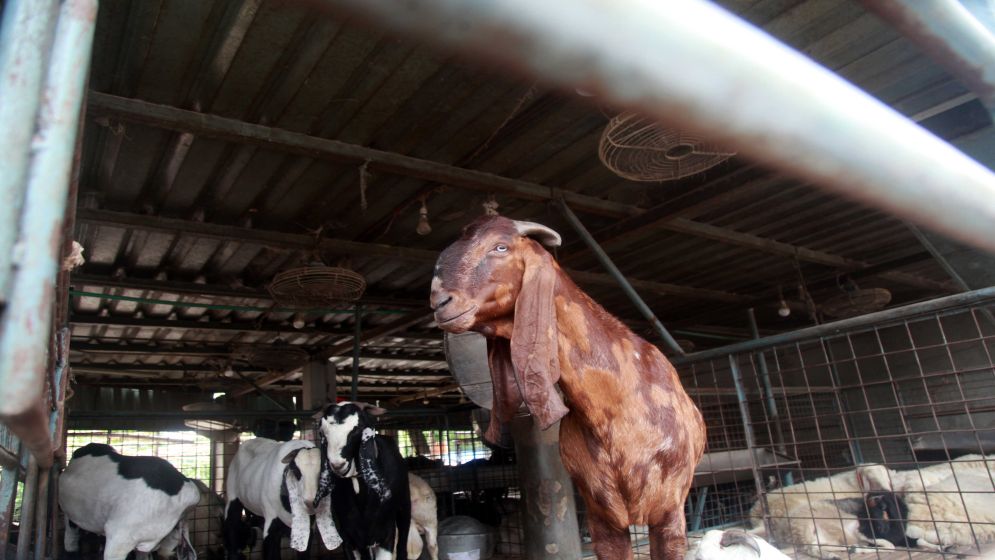
The viral 15 lakh taka goat...still unsold, photo credit: Nazmul Islam
When the bulldozer of Dhaka North City Corporation (DNCC) first started tearing down a makeshift tin structure of Sadeeq Agro, a mix of disbelief, anger, and joy rippled through the crowd of onlookers who gathered at the outer periphery of the Mohammadpur area of Dhaka.
“I can’t believe they are doing it,” Sultanul Islam, a local pharmacy shop worker, told Bangla Outlook, “This farm was so famous…such big big people used to come here.”
“Paap Baap keo chare na (every sin carries its own punishment)....” said another onlooker who didn’t wish to be identified. He however didn’t point out any “sin” of Sadeeq Agro or its owner.
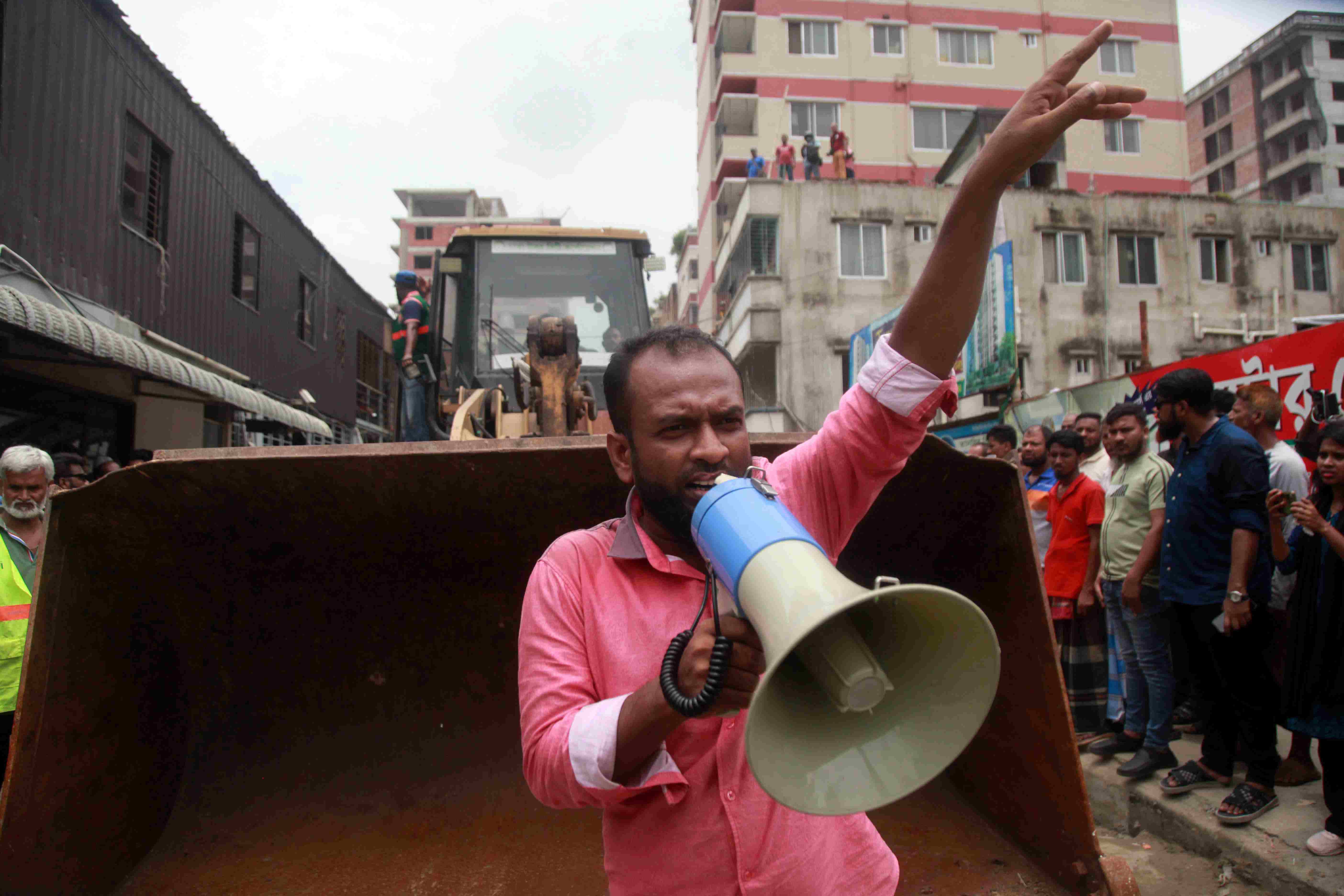
It didn’t take much time to demolish the tin structure. At around 12:45 pm, Thursday, the DNCC bulldozer began demolishing the main building of Sadeeq Agro.
The charges against the farm were simple, as were stated by the DNCC officials: The agro farm had illegally occupied the Ramchandrapur canal and blocked off sections of a road to set up this “unauthorized cattle market.”
The issue is that the farm didn't occupy the Ramchandrapur canal or block roads overnight, but rather over several years.
Officials from not just the DNCC, but also various other government agencies with higher paychecks (than the ones who led the drive) were frequent visitors and buyers of cattle from this farm.
But it seems the tide of fortune has turned against Imran Hossain, the owner of Sadeeq Agro. And it all started with a goat.
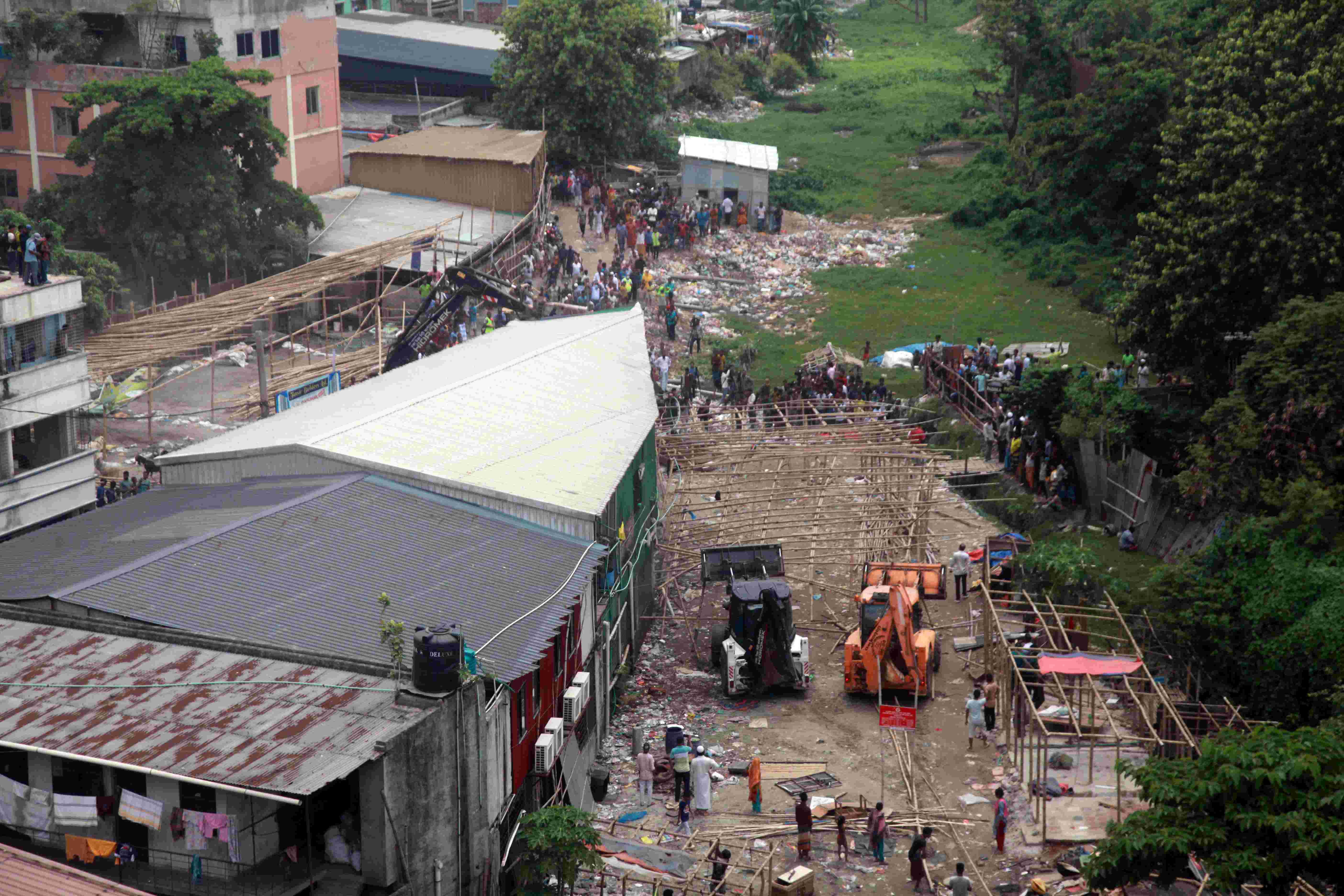
A viral goat of Tk 15 Lakh
The saga unfolded a week before Eid when a young man named Mushfiqur Rahman Ifat became a viral sensation for allegedly buying a goat for Tk 12 lakh (originally priced at Tk 15 lakh) from Sadeeq Agro.
This extravagant purchase raised suspicions, especially due to Ifat's alleged ties to a government revenue officer, Matiur Rahman. The public questioned how a young man, purportedly the son of a government official, could afford such a lavish purchase.
Subsequently, investigations into Matiur Rahman were swiftly initiated, uncovering assets worth hundreds of crores, allegedly acquired through illicit means as his salary structure doesn’t support the existence of such wealth.
The Anti-Corruption Commission (ACC) is currently investigating Matiur Rahman.
The recent anti-graft juggernaut, which many said is “media and social media driven” and is only touching the surface however didn’t leave Imran unscathed from this.
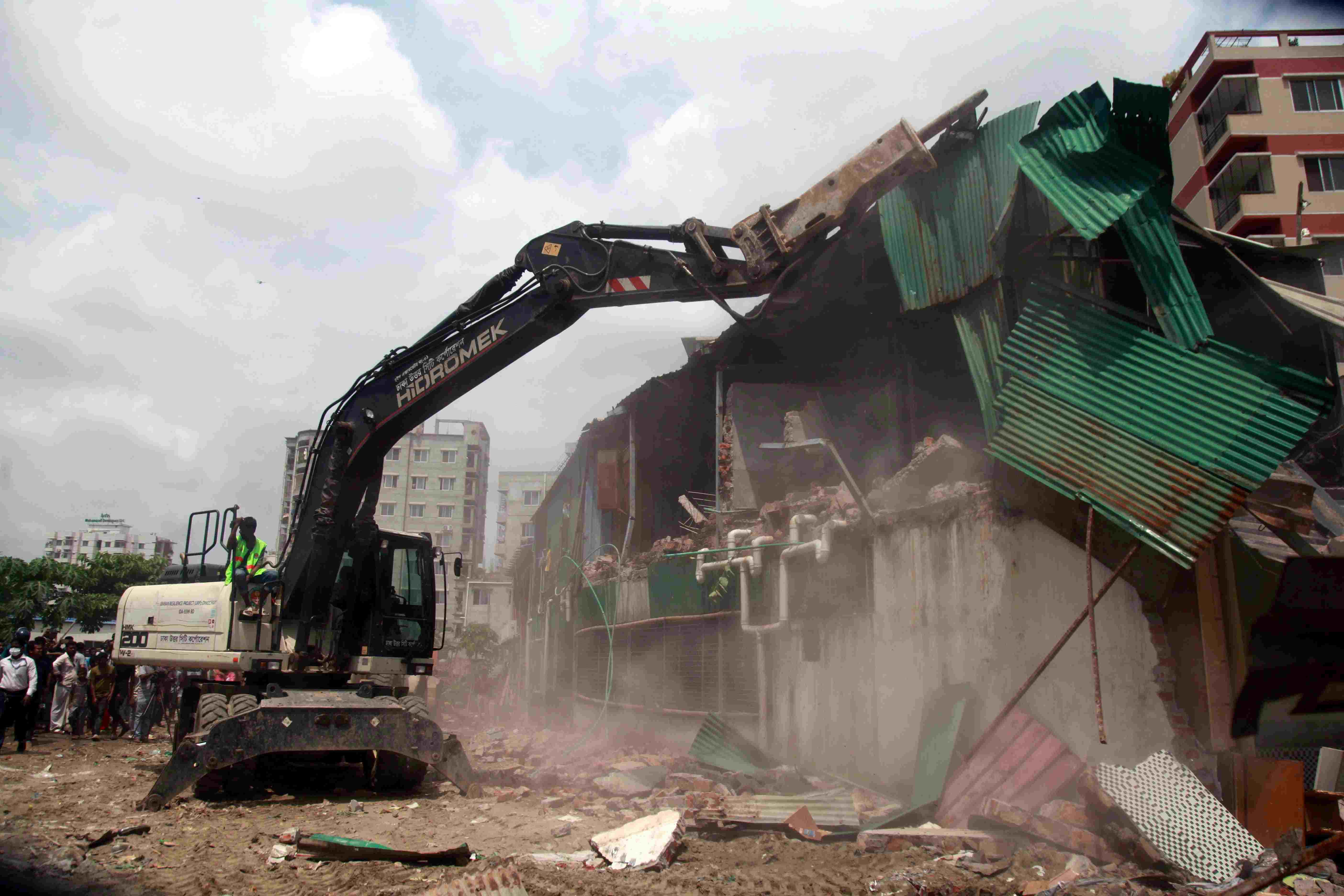
There were mounting social media posts on how a cattle farm owner is charging Tk 15 lakh for a goat or Tk 1 crore for a cow in a country in which millions are struggling to afford protein in their weekly diet.
Abruptly, Imran's image shifted from an award-winning entrepreneur, praised as a pioneer of the Bangladeshi cattle industry by mainstream media, to an alleged smuggler, animal rights abuser, and illegal land occupier.
A national daily recently reported that Imran has been involved in a cattle smuggling syndicate which brings illegal cattle species from countries like Thailand, Myanmar and India.
Another TV channel reported that Imran has forged documents for two of his business establishments and didn’t have valid licenses for those.
Interestingly, in 2021, a major English newspaper revealed that Sadeeq Agro had allegedly falsified documents to illegally import Brahman cows from the US during the pandemic.
The scheme came to light when 18 Brahman cows arrived at Hazrat Shahjalal International Airport without anyone claiming them.
The newspaper claimed to have obtained the forged documents, which were used to circumvent a 2016 government ban on importing Brahman cows.
This ban was put in place after Bangladesh achieved self-sufficiency in meat production, as Brahman cows are primarily raised for meat.
However, no actions were taken against Sadeeq Agro during that time.
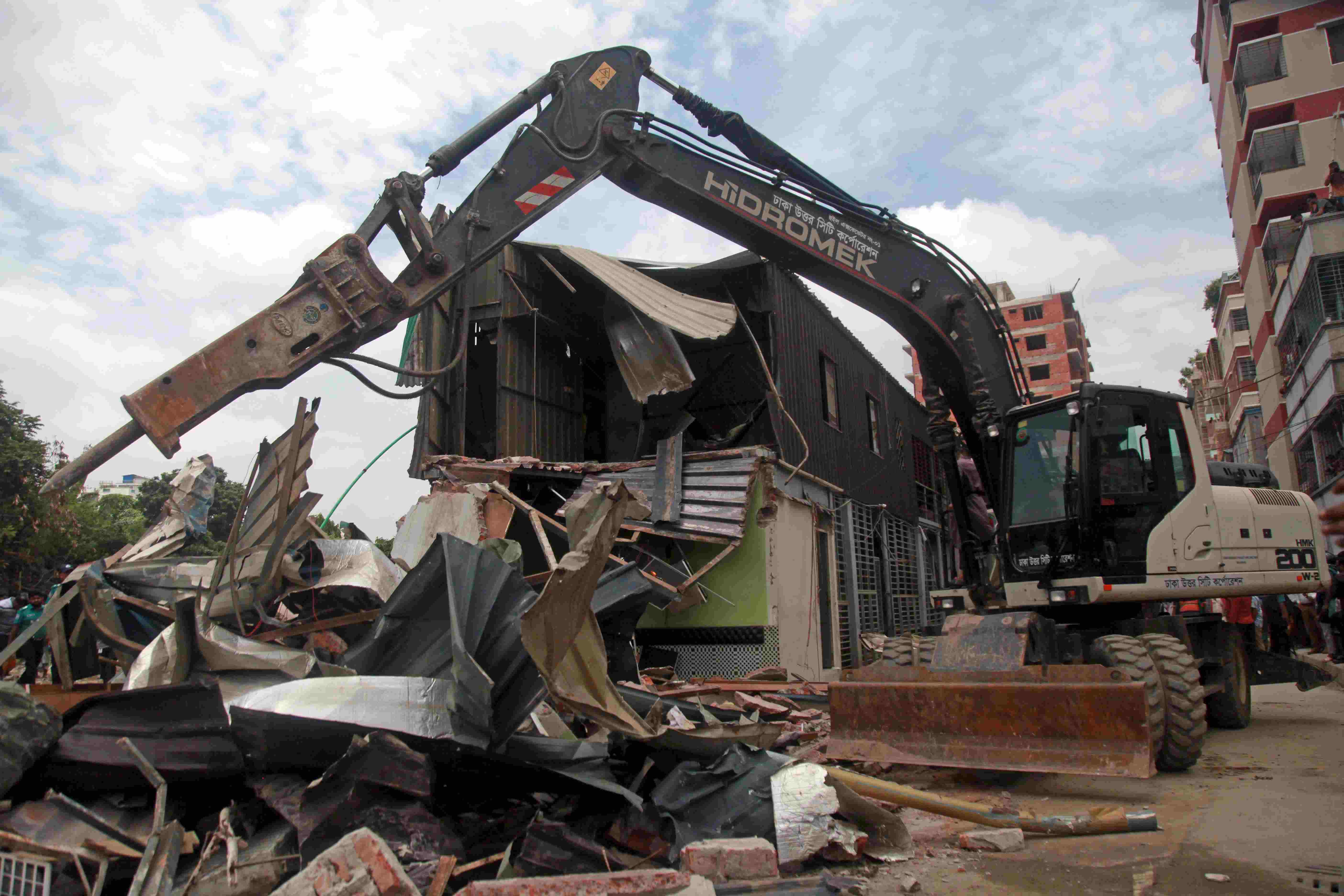
The rise of Sadeeq Agro
Sadeeq Agro began operations in 2007, but it wasn't until a decade later that they captured national attention.
In 2017, before Eid Ul Azha, the company airlifted seven Brangus cows from Texas, USA, and offered them for sale at Tk 20 lakh each.
This marked the introduction of the Brangus breed to Bangladesh. Developed by combining the superior traits of Angus and Brahman cattle, Brangus cattle offer a unique blend of desirable characteristics.
The cows, with their catchy names like "Sultan" and "Bahadur," quickly became a social media sensation, and all were successfully sold.
In 2008, Sadeeq Agro was registered as a limited company and a year later, they started cow fattening along with dairy production. It made them reaped huge profits.
In 2021, Sadeeq Agro expanded their operations to include agriculture projects, followed by poultry farms in 2022. They currently lease a vast 450-bigha agricultural plot in Savar Cantonment, where they cultivate over 20 varieties of vegetables.
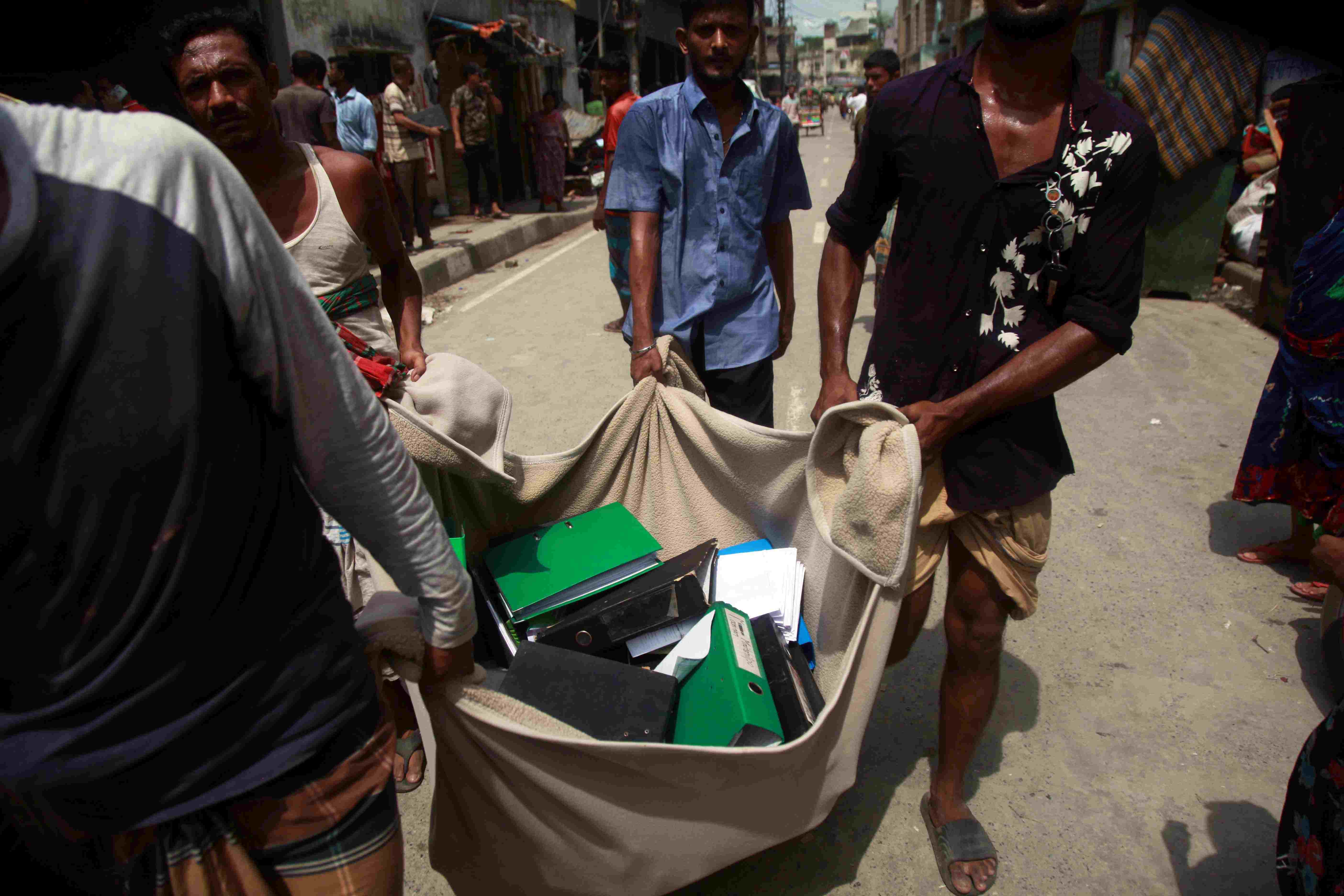
Their sales model is unique: they don't store vegetables or engage in traditional marketing channels. Instead, they take orders directly from customers, harvest the vegetables on demand, and sell them fresh.
Due to the farm's location, most customers are army officials and staff.
Sadeeq Agro owner Imran, a 2003 graduate of the Independent University of Bangladesh (IUB) with a BBA degree, also co-owns Jalalabad Group with his three brothers.
Their father, Hazi Osman Ali, founded the company in Old Dhaka before Bangladesh gained independence.
Originally, Osman focused on importing and wholesaling steel metal. Over time, the family expanded the business, establishing several sister concerns including Jalalabad Steel Limited, Jalalabad Steel Building Limited, and Jalalabad Metal Limited.
One of the TV ads of Jalalabad Steel became quite famous during the pre-social media days.
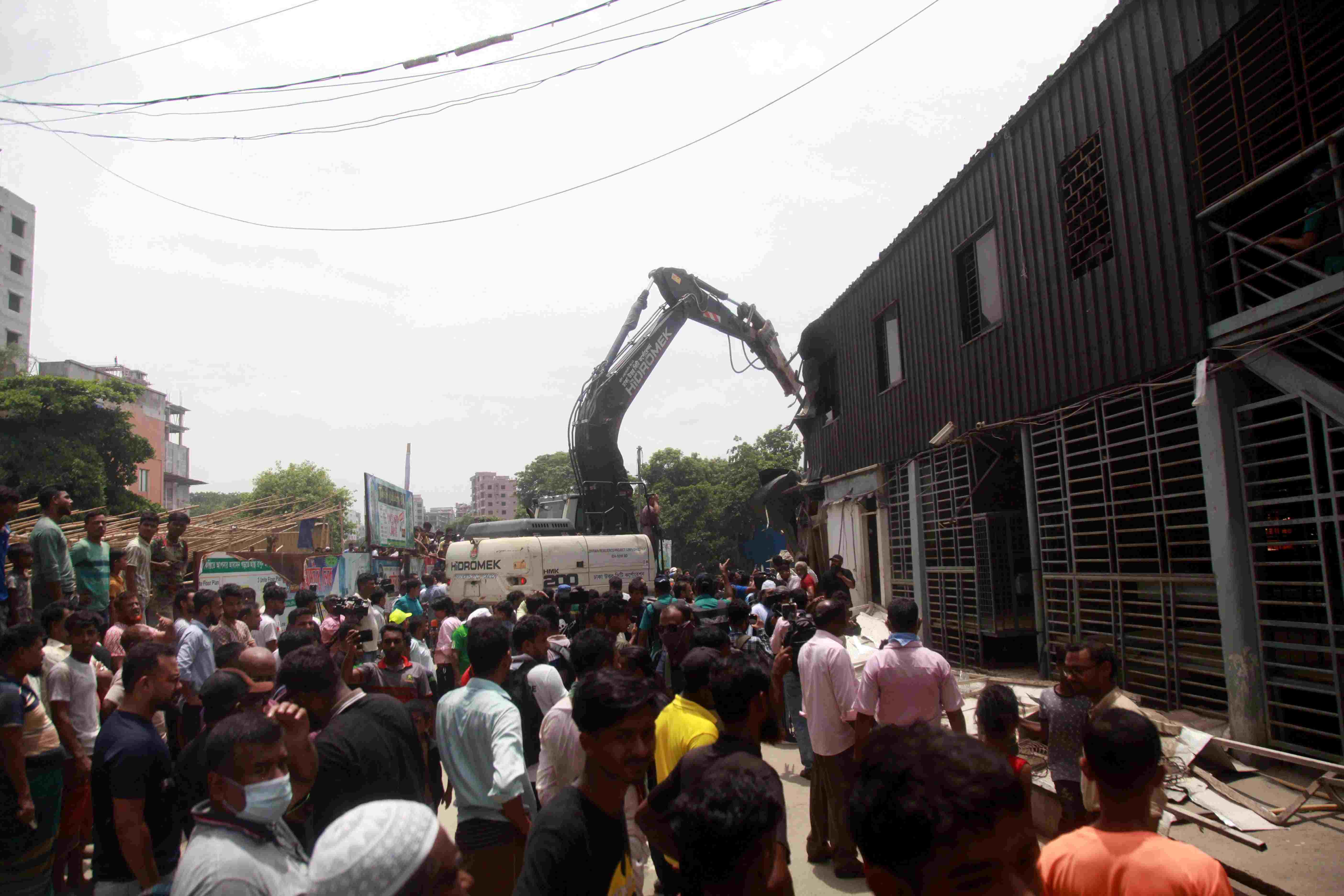
What’s next for Sadiq Agro?
Bangla Outlook tried a number of times to contact Imran but he didn’t reply.
However, Imran claimed to a number of national media that there was a conspiracy targeting him.
About Thursday’s demolition of Sadeeq Agro’s establishments, Imran said that he was not the owner of the building, rather he was a tenant.
“I already made a plan to relocate. The sheds were constructed by the landowner, and I have rented only the ground floor. Any issues regarding canal encroachment pertain to the owner, not me," he said.
According to Imran, who also serves as the president of the Bangladesh Dairy Farmers Association, the district administration and water development board stated that the buildings were constructed outside the canal boundaries when the city corporation assumed control.
“Still, they tear down the structure. So, there must be a conspiracy against me.”
—

